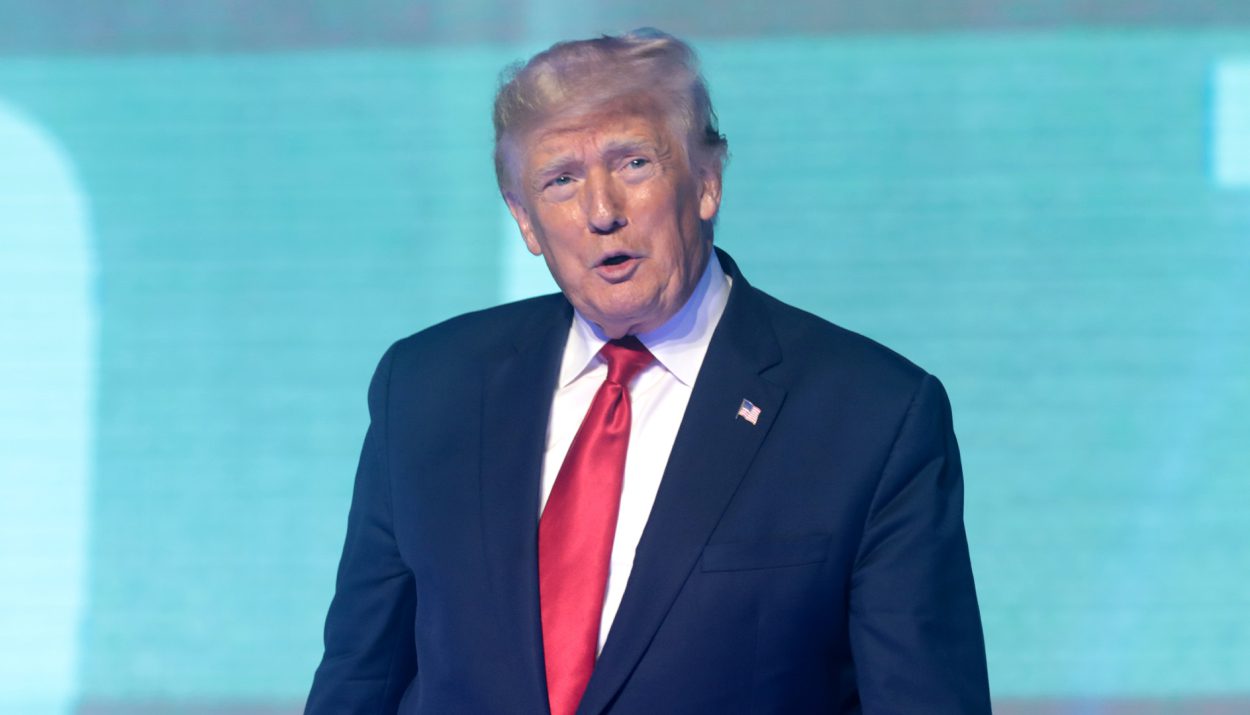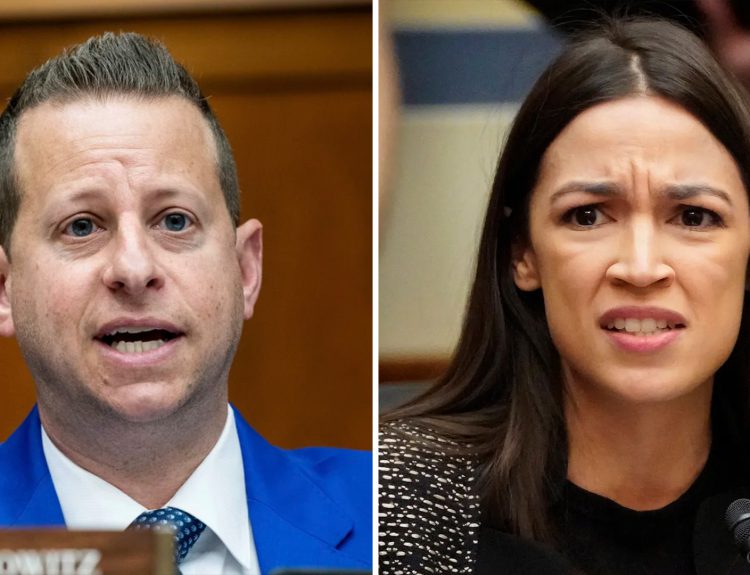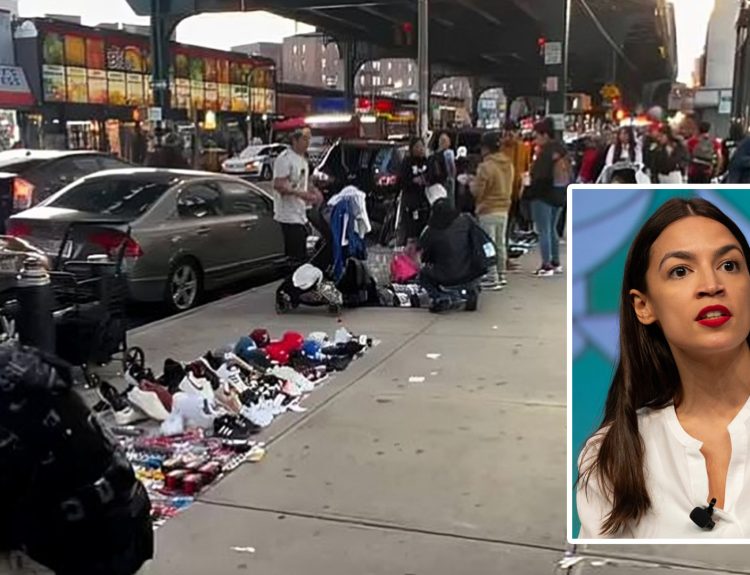There is a strong chance that former President Donald Trump is going to win his upcoming Supreme Court case on presidential immunity, even if the justices decide to reject his extreme arguments. The high-stakes legal confrontation on Thursday centers on whether criminal charges against Trump, related to his attempts to overturn the 2020 election results, should be dismissed under a broad claim of presidential immunity.
The Supreme Court May Remand The Case Back to The U.S. District Court Judge
Even if the Supreme Court rejects that audacious argument, it might still remand the case back to U.S. District Court Judge Tanya Chutkan in Washington for further proceedings to determine if some of the former President’s actions are shielded from prosecution.
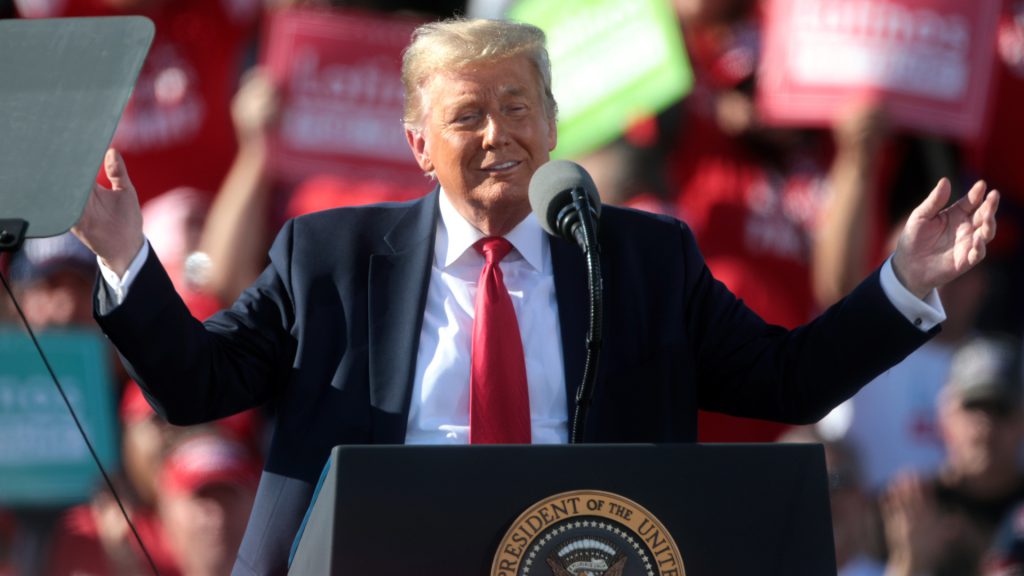
Given the ongoing delays that have already impacted the trial, a ruling of this nature would further jeopardize the possibility of concluding Trump’s trial before the November election.
Trump Has At Least Two Options
Richard Bernstein, an attorney representing former government officials who filed a friend-of-the-court brief opposing Trump shared his perspective with CNBC.
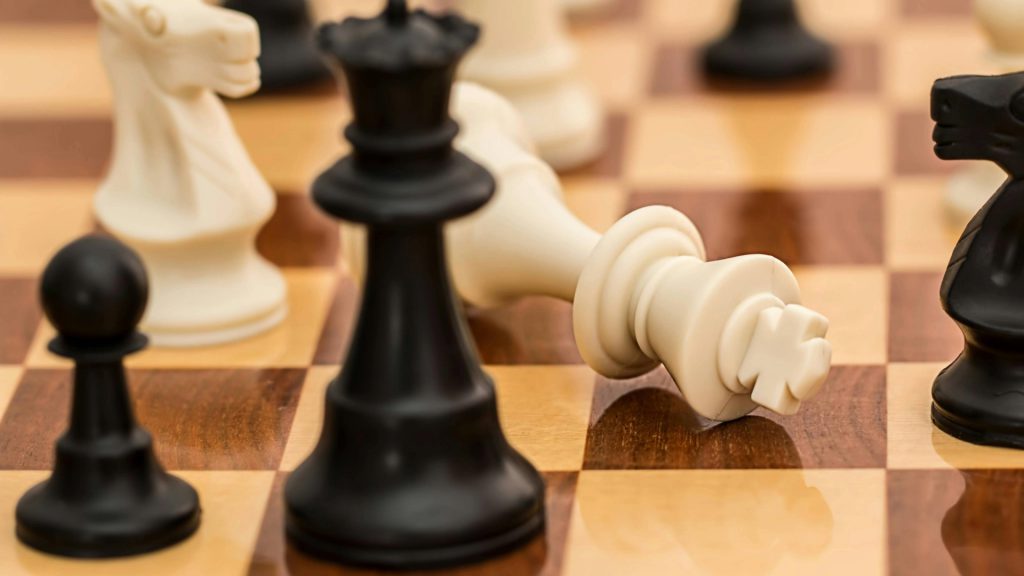
Bernstein said, “Trump’s first preference would be a ruling that he is immune, but a second preference would be a ruling that there is some kind of complicated factual test for immunity so it has to be remanded.”
“The Case Would Get Bogged Down” If It Is Remanded
Bernstein explained further that in the second scenario “the case would get bogged down” with questions about the extent to which each of the four charges in the indictment are based on official acts carried out by the Trump as the country’s president.
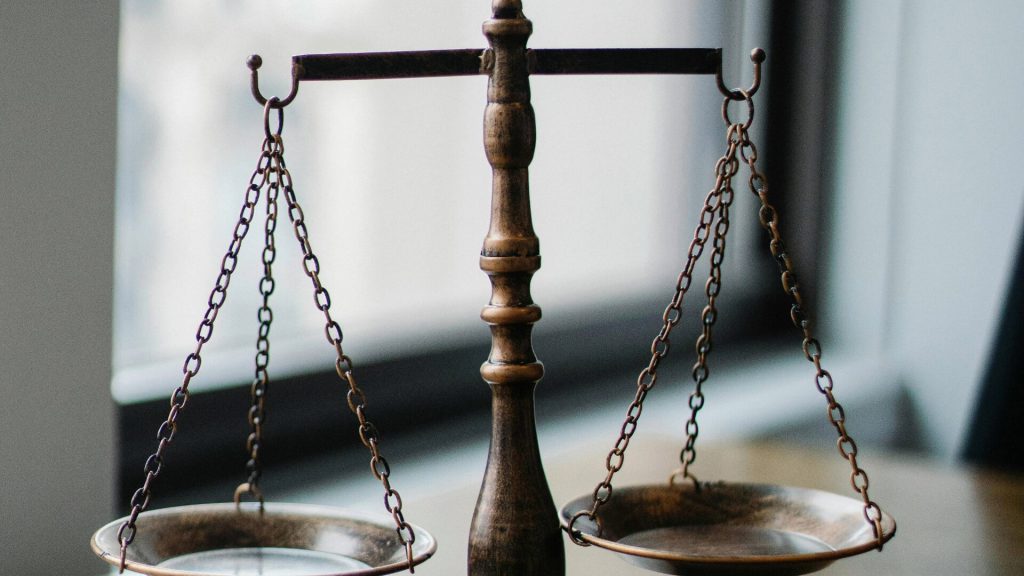
The court may determine if he can be shielded from prosecution.
The Case In Washington Is Distinct From The Ongoing Criminal Trial In New York
The case Trump is fighting in Washington is distinct from the ongoing criminal trial in New York.

The former focuses on Trump’s role in a scheme to submit fraudulent election certificates to Congress with the aim of overturning Joe Biden’s victory. This sequence of events ultimately culminated in the January 6 assault on the U.S. Capitol by the former President’s supporters.
Weak Arguments For Claiming Presidential Immunity
Trump’s arguments with regards to claiming Presidential immunity are extremely weak.

It is improbable that even with the current 6-3 Republican supermajority on the Supreme Court, they would endorse the idea that Trump was immune to prosecution during his tenure as president.
Extremely Broad Immunity Argument
Trump’s immunity argument is extremely broad.
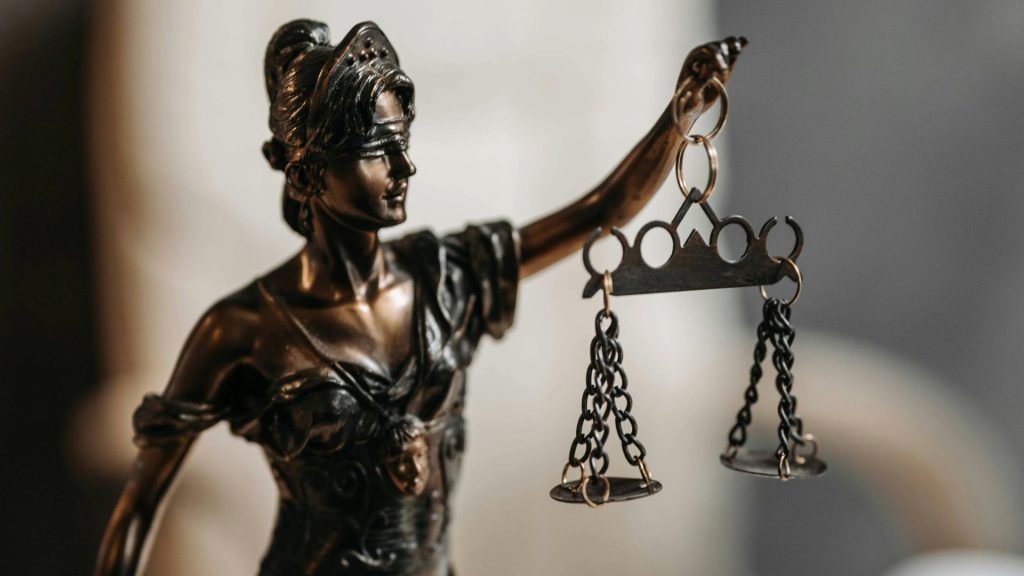
His lawyer suggested to a lower court that this kind of presidential immunity would shield him even if he directed the military to assassinate one of his opponents.
It’s Not About The Constitutional Question Of Whether A Sitting President Can Evade Prosecution
Trump concedes that he would inevitably face prosecution if he were impeached and convicted beforehand.
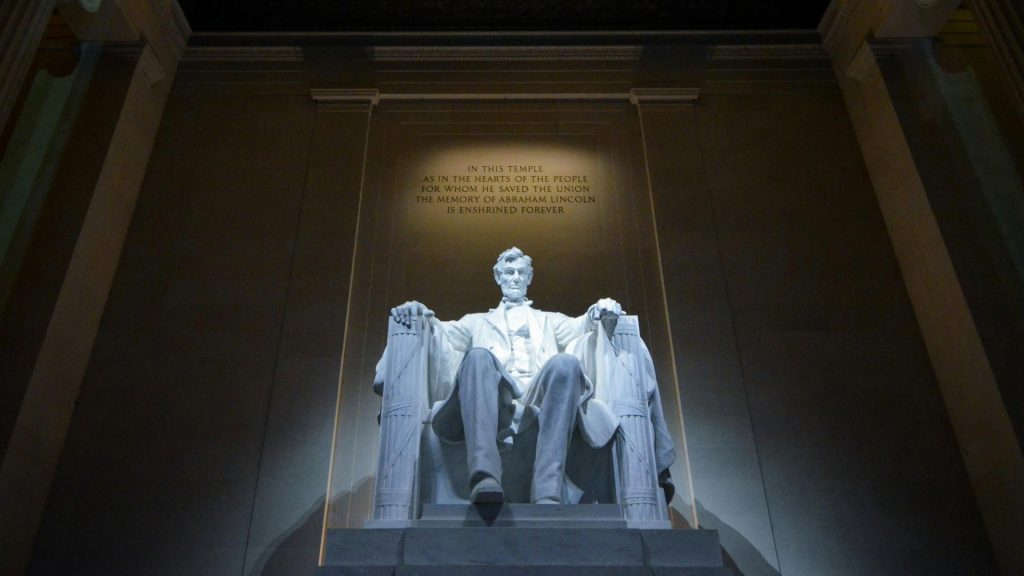
This case, however, was never truly about the constitutional question of whether a sitting president can evade prosecution if he uses presidential powers for criminal activities.
The Real Objective Behind Claiming Presidential Immunity
Trump’s real objective is not to win a highly unlikely Supreme Court ruling a president can assassinate his political adversaries.
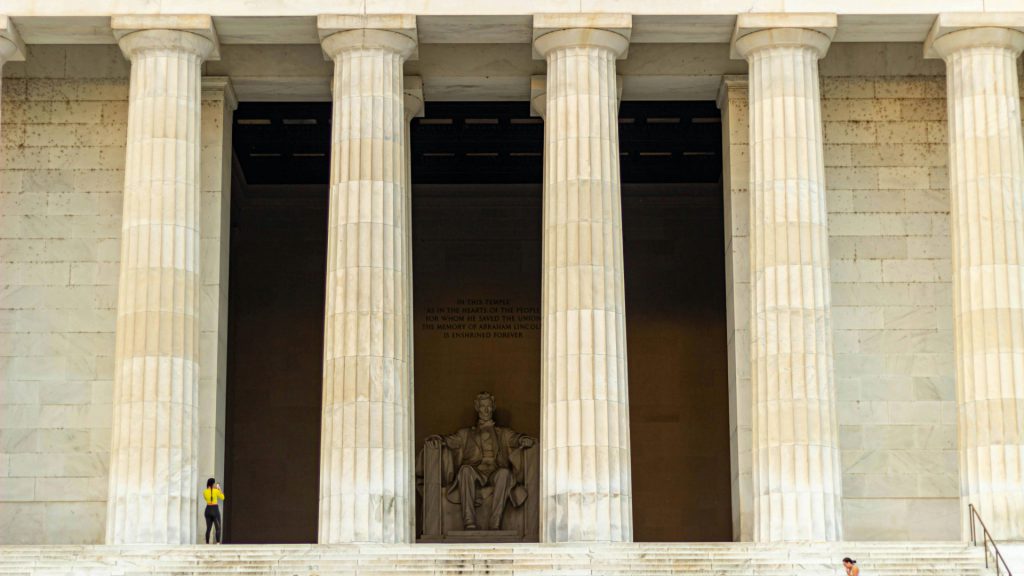
Trump’s real goal is to prolong his criminal trial for attempting to overturn Biden’s victory in the 2020 election for as long as feasible. Ideally, Trump would like to put it off until after the 2024 election.
The Supreme Court Seems To Be Supporting Trump’s Strategy
So far the Supreme Court seems to have been compliant with Trump’s strategy. Typically, federal courts adhere to the rule that only one court can have jurisdiction over a case at any given time.

Hence, when Trump appealed Trial Judge Tanya Chutkan’s ruling that presidents cannot engage in criminal acts, Chutkan lost her authority to proceed with Trump’s criminal trial until the appeal was resolved.
Special Prosecutor Jack Smith Is Aware Of The Challenge
Special prosecutor Jack Smith is very aware of the challenge. This is why, last December, he sought direct Supreme Court review of Trump’s immunity claim, bypassing an intermediate appeals court.

The request was denied by the justices. Following the appeals court ruling, they also rejected Smith’s plea for a more expedited resolution of the case.
It Is Uncertain If The Case Can Be Resolved Before The 2024 Presidential Election
There have been months of delays, ostensibly to give the justices ample time to consider whether Trump could have commanded the military to harm Joe Biden while he was the president of the country.

Even if Chutkan accelerated the progress of the case upon its return, it’s uncertain if she can conclude the trial before the 2024 presidential election.
Blurring The Distinction Between Civil Lawsuits and Criminal Prosecutions
Trump’s legal team has been focused on blurring the distinction between civil lawsuits and criminal prosecutions.
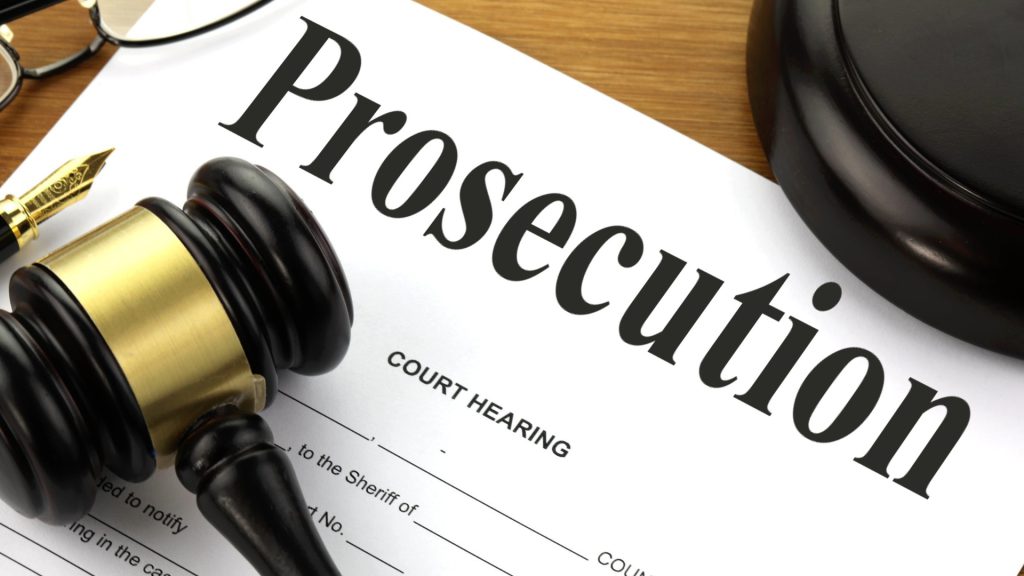
In the case of the former, the president is indeed immune from being sued for official actions during his tenure.
The Supreme Court Affords A Certain Degree of Immunity to Government Officials
Based on Supreme Court precedents, most government officials are afforded a certain degree of immunity from federal lawsuits filed by private citizens.

This immunity is afforded to different government officials, ranging from a rookie patrol officer to the president of the country.
Protection Afforded By “Qualified Immunity”
Conversations around police reform often refer to the concept of “qualified immunity.”

This legal principle often protects police officers and most of the other government officials from accountability when they infringe on the rights of private citizens.

